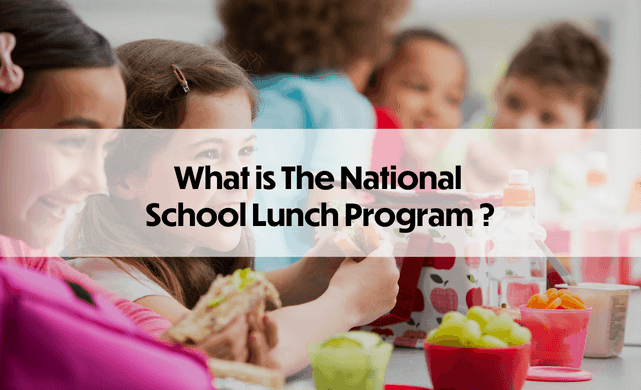The National School Lunch Program (NSLP) is a federally funded program that provides free or low-cost lunches to eligible students in schools across the United States. Established in 1946, the program serves over 30 million children each day, making it the largest federal child nutrition program.
The NSLP is intended to improve the health and well-being of school-aged children by providing them with nutritious meals that meet certain dietary guidelines. These guidelines are designed to ensure that the meals are balanced and provide a variety of nutrients, including protein, fruits and vegetables, and whole grains. The program also aims to reduce childhood hunger and promote healthy eating habits.
To be eligible for the NSLP, students must be enrolled in a participating school and meet certain income requirements. Students from families with incomes at or below 130% of the federal poverty level are eligible for free meals, while those with incomes between 130% and 185% of the federal poverty level are eligible for reduced-price meals.
Schools that participate in the NSLP receive cash subsidies and donated commodities from the U.S. Department of Agriculture (USDA) for each meal they serve. In return, they must follow the program's meal pattern and nutritional standards, as well as maintain proper record-keeping and reporting.
Overall, the NSLP is an important program that helps to ensure that school-aged children have access to healthy and nutritious meals. By providing free or reduced-price lunches to eligible students, the program helps to reduce childhood hunger, promote healthy eating habits, and support the academic success of students across the country.
